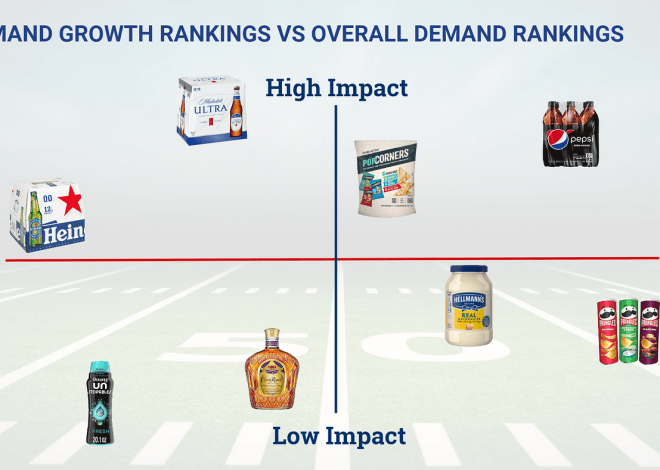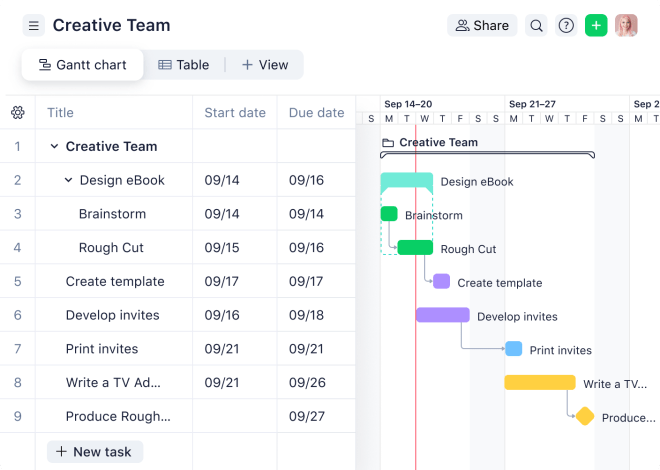Choosing the Right Website Builder: A Comprehensive Guide
Choosing the right website builder can be daunting. The market is flooded with options, each promising ease of use and stunning results. However, the ideal platform depends heavily on your specific needs, technical skills, and budget. This comprehensive guide will explore the top contenders, helping you navigate the complexities and select the perfect tool for your online presence.
Understanding Your Website Needs
Before diving into specific website builders, it’s crucial to define your requirements. What is the purpose of your website? Are you launching an e-commerce store, a personal blog, a portfolio showcasing your work, or a corporate website? Your answer will significantly influence your choice. A simple blog requires different tools than a complex online store with inventory management and payment gateways. Consider your target audience, desired functionality, and long-term goals. These factors will help you narrow down the options and avoid wasting time on unsuitable platforms.
Defining Your Budget
Website builders offer various pricing plans, from free options with limited features to premium packages with advanced functionalities. Determine your budget beforehand. Free plans often come with limitations on storage, bandwidth, and customization. While they are suitable for simple websites, they may not suffice for growing businesses or complex projects. Mid-range plans offer a balance between features and affordability, while enterprise-level solutions cater to large organizations with specialized needs. Carefully evaluate the value proposition of each pricing tier before committing.
Technical Skill Assessment
Website builders range in complexity. Some are incredibly intuitive and user-friendly, requiring minimal technical knowledge. Others offer more advanced customization options, requiring a higher level of technical proficiency. Honestly assess your skills. If you’re a beginner, opt for a platform with a drag-and-drop interface and extensive tutorials. If you have coding experience, you might prefer a platform with more flexibility and control over your website’s code.
Top Website Builders: A Detailed Comparison
Now, let’s delve into a detailed comparison of some of the leading website builders available in the market today. Each platform offers a unique set of features, advantages, and disadvantages.
Wix: The User-Friendly Giant
Wix is renowned for its intuitive drag-and-drop interface, making it an excellent choice for beginners. Its vast template library provides a starting point for various website types. Wix offers robust e-commerce capabilities, enabling users to create and manage online stores seamlessly. While its flexibility is impressive, Wix’s limitations become apparent with complex websites demanding high levels of customization. The limited ability to switch templates once a site is built can be a deterrent for some users. However, its user-friendliness and extensive features make it a strong contender for many.
Squarespace: Elegance and Simplicity
Squarespace is celebrated for its elegant and minimalist designs. It offers a curated collection of professionally designed templates, ensuring a polished and sophisticated look. Squarespace’s strength lies in its ease of use and aesthetically pleasing templates. However, its customization options are less extensive compared to some competitors. The platform’s pricing is on the higher end, but the quality of its templates and user experience justifies the cost for many users.
WordPress.com: The Versatile Platform
WordPress.com provides a balance between ease of use and customization. It offers a range of plans, from free options with limitations to premium plans with enhanced features and support. WordPress.com is suitable for a wide range of websites, from blogs to online stores. Its extensive plugin ecosystem enhances functionality, allowing users to expand their website’s capabilities. The platform’s large community and ample resources make it a powerful tool for both beginners and experienced users. However, navigating the vast array of plugins can be overwhelming for some.
Shopify: The E-commerce Powerhouse
Shopify is the undisputed king of e-commerce website builders. Designed specifically for online stores, it offers robust features for managing inventory, processing payments, and marketing your products. Shopify’s app store provides a vast selection of add-ons and integrations, enhancing its functionality and tailoring it to specific needs. However, Shopify’s pricing can be substantial, especially for small businesses with limited sales. The platform’s complexity can also be overwhelming for users unfamiliar with e-commerce management.
Weebly: Simplicity and Affordability
Weebly is known for its simplicity and affordability. Its drag-and-drop interface is incredibly intuitive, making it ideal for beginners. Weebly offers a good selection of templates and essential e-commerce features. However, its customization options are relatively limited compared to more advanced platforms. While suitable for simple websites and online stores, Weebly may not be the best choice for projects requiring extensive customization or advanced features.
Choosing the Right Website Builder: Key Considerations
Selecting the best website builder requires careful consideration of several factors. It’s not just about the features offered but also the overall user experience, ease of use, and long-term scalability. Let’s summarize the key points to consider.
- Your Website’s Purpose: What is the primary goal of your website? A blog? An e-commerce store? A portfolio?
- Your Technical Skills: How comfortable are you with technology and website design? Choose a platform that matches your skill level.
- Your Budget: Determine how much you’re willing to spend on a website builder. Free options exist, but they come with limitations.
- Scalability: Will your website’s needs change over time? Choose a platform that can grow with your business.
- Customer Support: Does the platform offer reliable customer support? This is crucial when you encounter problems.
Additionally, consider factors like SEO capabilities, the available templates, and the ease of integrating other tools and services. Review user testimonials and compare pricing plans before making a decision. Many platforms offer free trials, allowing you to test the platform before committing to a paid subscription.
Beyond the Basics: Advanced Features to Consider
While ease of use and basic functionality are critical, advanced features can significantly enhance your website’s capabilities and effectiveness. Consider these factors when making your decision.
E-commerce Functionality
If you plan to sell products or services online, ensure the website builder provides robust e-commerce features. This includes secure payment gateways, inventory management, shipping integration, and tax calculations. Some platforms offer better e-commerce capabilities than others, so prioritize this if it’s a key requirement.
SEO Optimization Tools
Search engine optimization (SEO) is crucial for website visibility. A good website builder should provide tools to help you optimize your website for search engines. Look for features like meta description editors, sitemap generators, and integration with SEO plugins. These tools will enhance your website’s ranking in search results.
Marketing Integrations
Effective marketing is crucial for website success. Choose a platform that seamlessly integrates with popular marketing tools, such as email marketing services and social media platforms. This integration streamlines your marketing efforts and improves efficiency.
Customer Support and Documentation
Reliable customer support is essential, especially for beginners. Choose a platform with comprehensive documentation, tutorials, and responsive customer support channels. This ensures you can resolve any issues quickly and efficiently.
- Blog Integration: If you plan to regularly publish articles or blog posts, ensure the platform offers easy blog integration.
- Mobile Responsiveness: Your website should look great on all devices. Ensure the platform automatically generates mobile-friendly versions of your website.
- Security Features: Choose a platform that prioritizes security and protects your website from cyber threats.
By carefully evaluating these factors, you can choose a website builder that perfectly aligns with your needs and goals. Remember to prioritize ease of use, scalability, and long-term cost-effectiveness. The right platform will not only simplify the website creation process but also empower you to achieve your online objectives.
Ultimately, the “best” website builder is subjective. Each platform excels in different areas. By understanding your specific needs and carefully evaluating the options presented here, you can confidently select the platform that best suits your requirements and empowers you to create a successful online presence. The journey to building a thriving website begins with selecting the right tools. Consider your long-term goals, and choose wisely. The right platform will be a valuable asset for years to come. Investing time in research now will pay off handsomely in the long run. Start building your dream website today!



